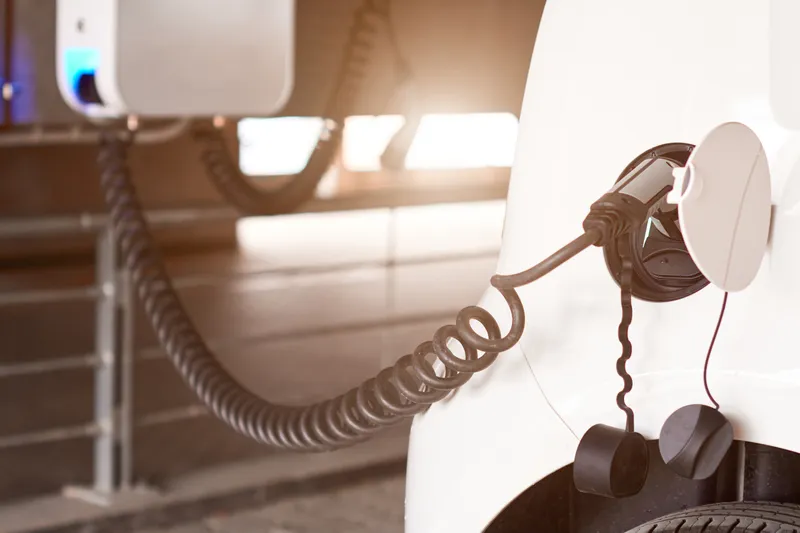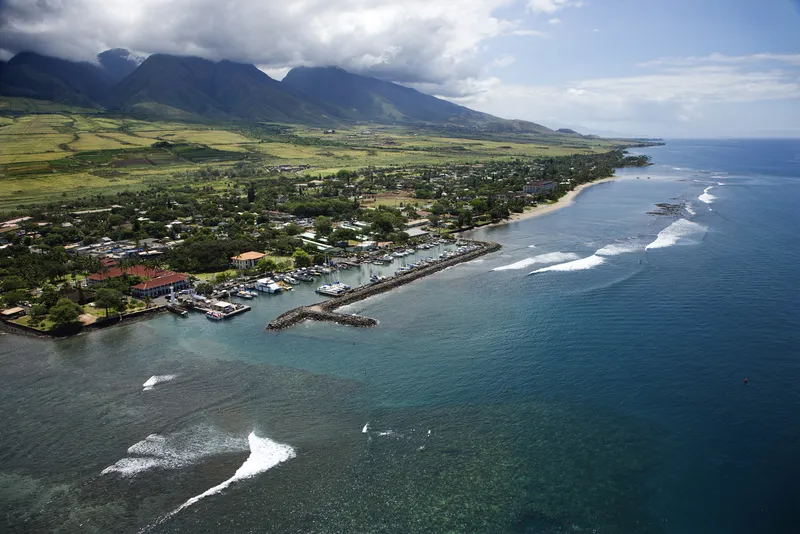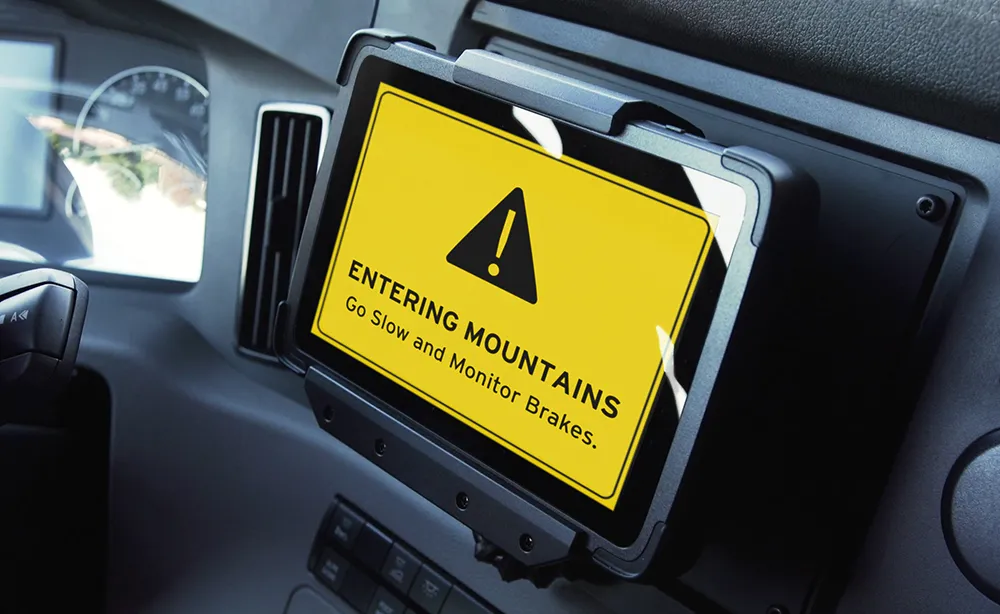
The California Governor Gavin Newsom has joined 11 US governors in a call for all new passenger cars and light-duty trucks sold to be zero-emission by 2035.
The group wrote a letter to the Biden Administration, to require all new medium-duty and heavy-duty vehicles sold to be zero-emission by 2045.
The letter says: “By establishing a clear regulatory path to ensuring that all vehicles sold in the United States are zero-emission, we can finally clear the air and create high-road jobs. Moving quickly towards a zero-emission transportation future will protect the health of all communities.
“With bold federal leadership, American workers will lead the way in designing, building and driving clean and affordable vehicles.”
The governors underscored the importance of strong federal support to capitalise on the opportunity for the nation to lead in the global zero-emission vehicles (ZEV) marketplace while creating good jobs for US workers.
They highlighted how American Jobs Plan investments could be used to support the growing market through scaling up the development of ZEV charging and fuelling infrastructure, enhancing the investments already made by US states.
The group also requested expanded tax credits to support the manufacturing of zero-emissions trucks, buses and charging stations and funding to promote equitable access to ZEVs and transportation electrification at the local level.
The letter outlines the states’ ambitious ZEV commitments and progress toward transportation electrification, including California’s order requiring all new cars and passenger trucks sold in the state to be zero-emission by 2035.
Additionally, the governors want the Biden Administration to quickly restore scientifically-based vehicle emission standards challenged by the prior administration and reaffirm that US states can opt to follow California’s standards.
Aside from Newsom, the letter was signed by the governors of: Connecticut (Ned Lamont), Hawaii (David Ige), Maine (Janet Mills), Massachusetts (Charlie Baker) and New Mexico (Michelle Lujan Grisham). Other signatures include New Jersey (Philip D. Murphy), New York (Andrew Cuomo), North Carolina (Roy Cooper), Oregon (Kate Brown), Rhode Island (Dan McKee) and Washington (Jay Inslee).










